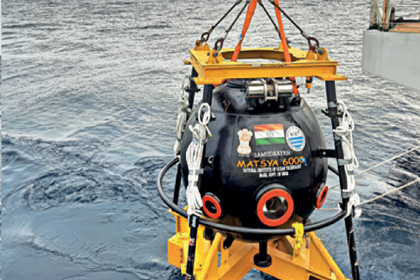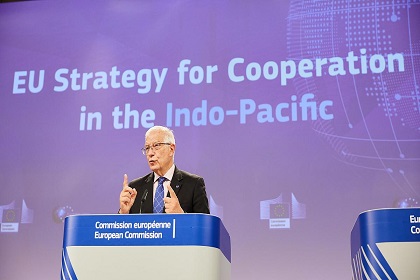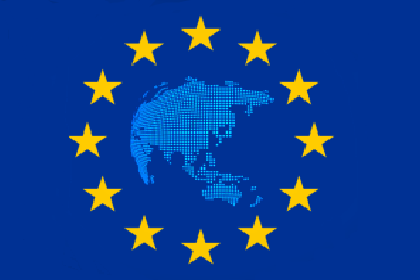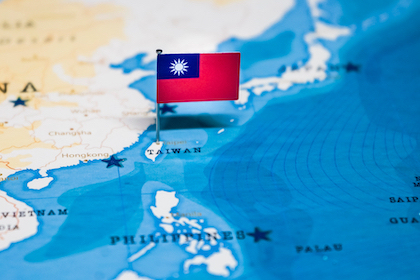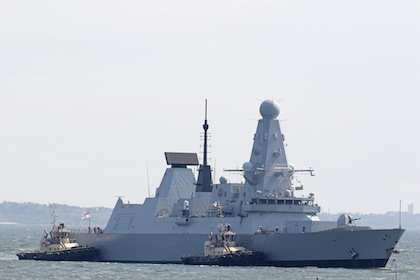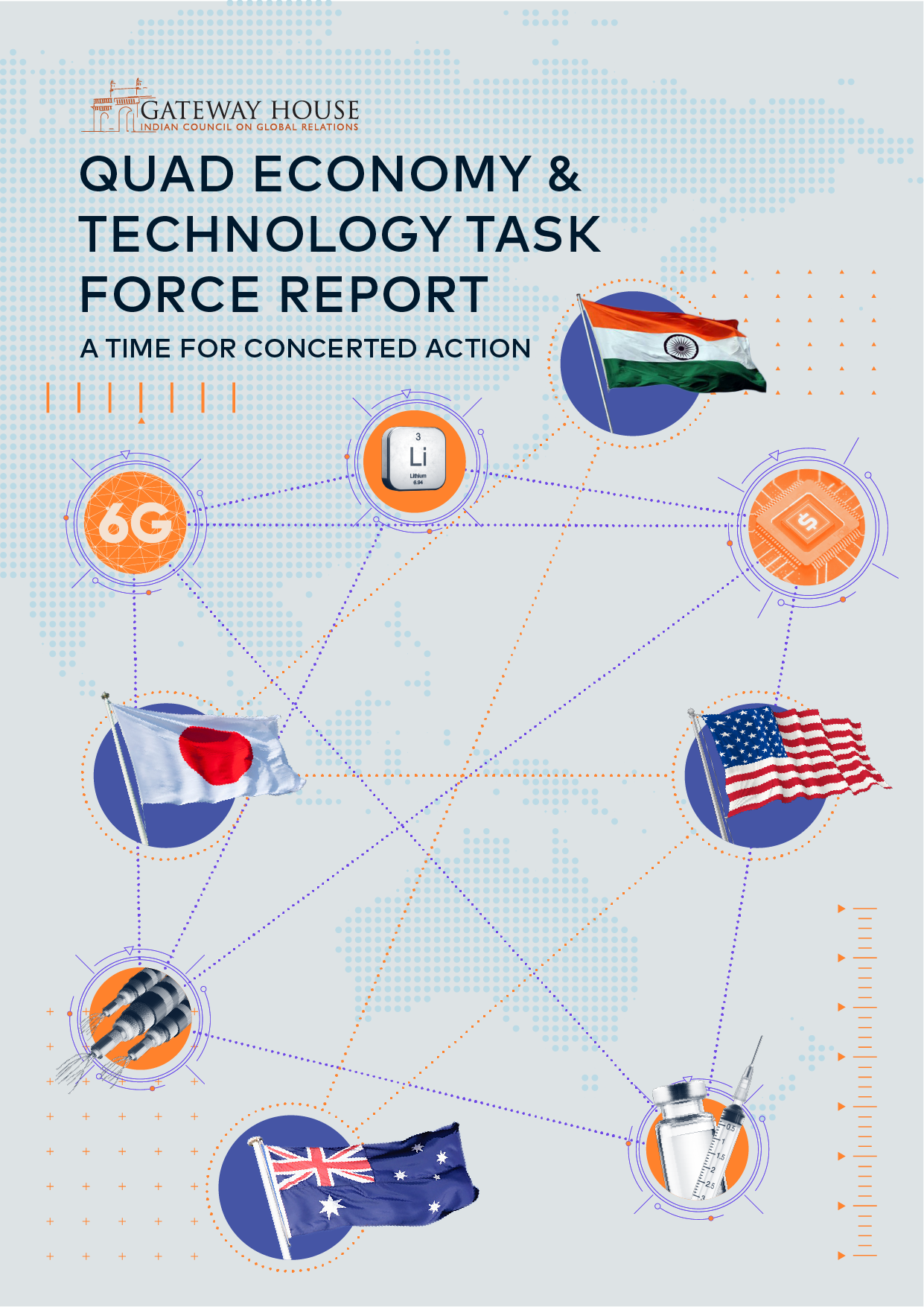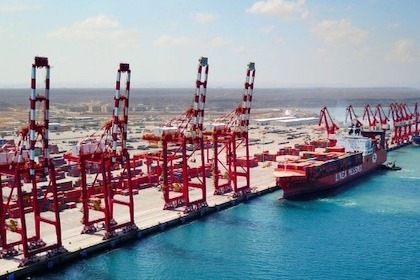India’s Deep Ocean Mission for innovation
In 2021, India expedited budgetary clearances to activate its Deep Ocean Mission. Most mission projects are currently confined to the network of institutions operating under the Ministry of Earth Sciences. To truly shine, they must follow the model of developed economies where ocean innovation clusters are public-private partnerships, to focus on attaining India’s strategic objectives.

